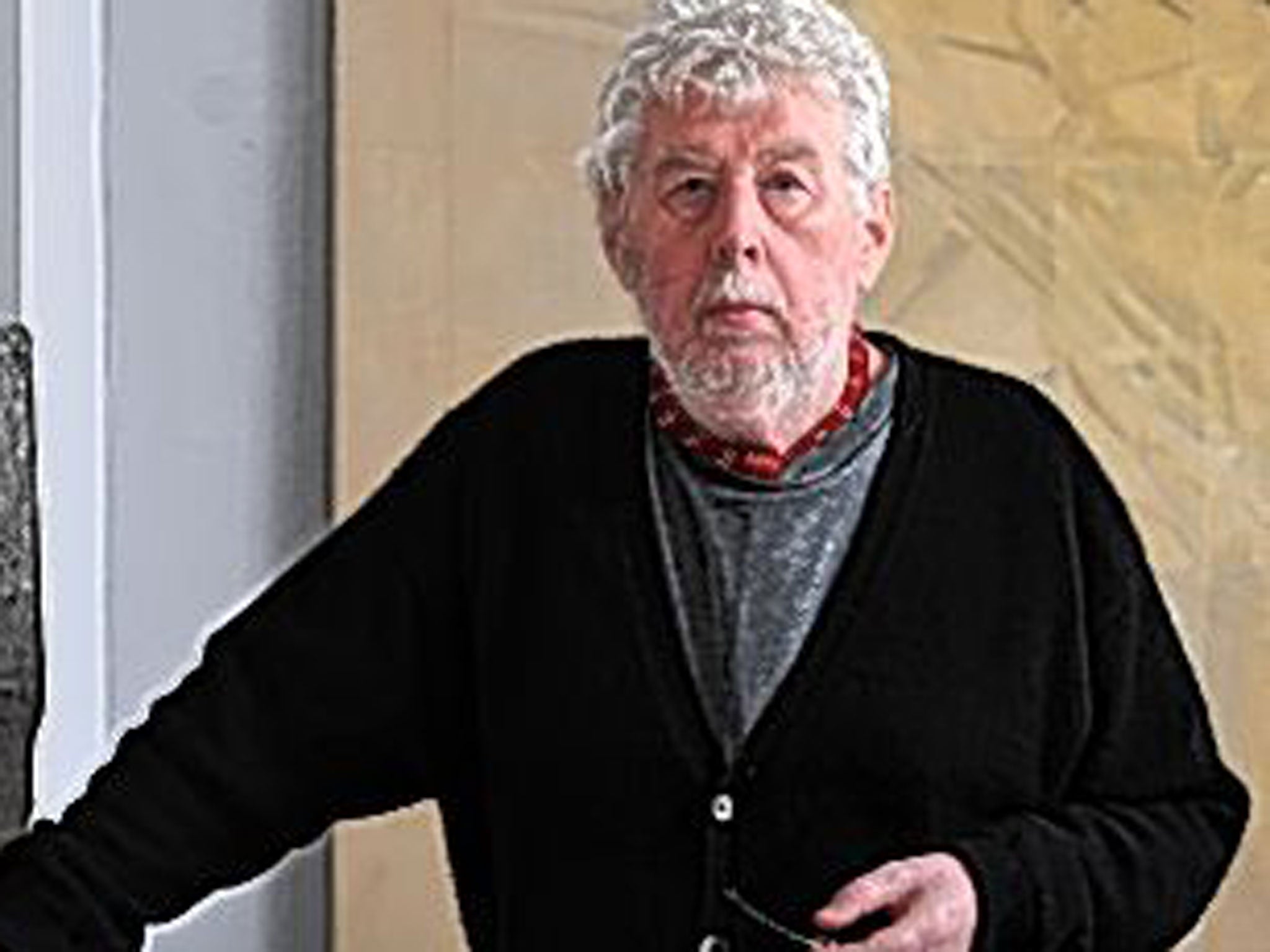Don't always let male composers call the tune
Thirteen composers won awards last week. All were male. Jessica Duchen is furious

Your support helps us to tell the story
From reproductive rights to climate change to Big Tech, The Independent is on the ground when the story is developing. Whether it's investigating the financials of Elon Musk's pro-Trump PAC or producing our latest documentary, 'The A Word', which shines a light on the American women fighting for reproductive rights, we know how important it is to parse out the facts from the messaging.
At such a critical moment in US history, we need reporters on the ground. Your donation allows us to keep sending journalists to speak to both sides of the story.
The Independent is trusted by Americans across the entire political spectrum. And unlike many other quality news outlets, we choose not to lock Americans out of our reporting and analysis with paywalls. We believe quality journalism should be available to everyone, paid for by those who can afford it.
Your support makes all the difference.British Composer Awards? Make that British Male Composer Awards. Last week, of 13 prizes awarded by the British Academy of Songwriters, Composers and Authors (BASCA), 13 went to men. Yes, every last one. Women composers were not merely sidelined – they were completely absent. This is a disgrace to the UK's whole classical music industry.
Out of 300 pieces up for consideration, just six works by women were shortlisted. They then got nowhere. The top prizes went to such esteemed figures as Sir Harrison Birtwistle, George Benjamin and Colin Matthews.
No one would want to denigrate these marvellous composers, even if "award for Birtwistle" is a type of British classical music Groundhog Day. Still, the British Composer Awards' website asks: "British composers: who are they?" This year's roster of prizes seems to suggest that they are all men. This is nonsense. Infuriating, maddening, frustrating, idiotic nonsense.
Above all, it profoundly misrepresents today's new music scene, which is a vibrant place. It's dizzyingly varied in its styles, contexts and creators; risky, edgy, full of imagination; young, exciting, diverse and boundary-pushing. Only you'd never guess that, would you, if this is its public face?
More progress has arguably been made in recognising women's achievements as composers than in the field of conducting, the sexist environment of which has been much in the news. But that's not saying much. Despite heroic efforts by a few enlightened organisations such as the Proms and the Britten Sinfonia, the climb towards gender equality among composers is like scaling the north face of the Eiger.
Furious, I consulted the British Composer Awards chair, Sarah Rodgers,– herself a composer – to see what went wrong. The news gets worse. The proportion of women winning awards across the scheme's 11 years to date, she says, does, if coincidentally, reflect the apparent reality of the profession.
The Performing Right Society for Music's membership is 14 per cent female; BASCA's is slightly higher at 17 per cent. This suggests that only about one sixth of the music industry's creators are female.
Rather than blaming the British Composer Awards alone for the latest awards infelicity, the music world in general should do some soul-searching. If so few women are becoming composers, why is that? Are ingrained preconceptions and prejudices at school and college level deterring them? That's what has happened too often in conducting.
But at the other end of the spectrum, as long as inclusivity is regarded at the top decision-making levels of the industry as simply a tired, PC gesture – and it often is – then nothing can possibly change. This should be acceptable to nobody who loves good music.
According to Rodgers: "The awards are about the works, regardless of the composer's age, gender or experience." Every category has a different jury and Rodgers says that about 40 per cent of the jurors are women. She points out, though, that they can only judge pieces that have been sent in for consideration. Entries can come from anywhere except composers themselves: publishers, performers, promoters, listeners, etc. "Perhaps we are not getting all the submissions we could have," she suggests.
So everyone can help: if you come across a good, newly written piece by a composer who happens to be female, submit it for next year's British Composer Awards. And perhaps it is high time there was an all-women awards scheme in classical music – if only to make the point. Music needs to be a meritocracy and in an ideal world such a scheme should not have to be considered. But if "evolution" towards equality is not actually evolving, then it needs a helping hand.
Until it is just as likely that all the British Composer Awards prizes will go to women as it is that they'll be scooped up by men, evolution will not have done its job.
Join our commenting forum
Join thought-provoking conversations, follow other Independent readers and see their replies
Comments